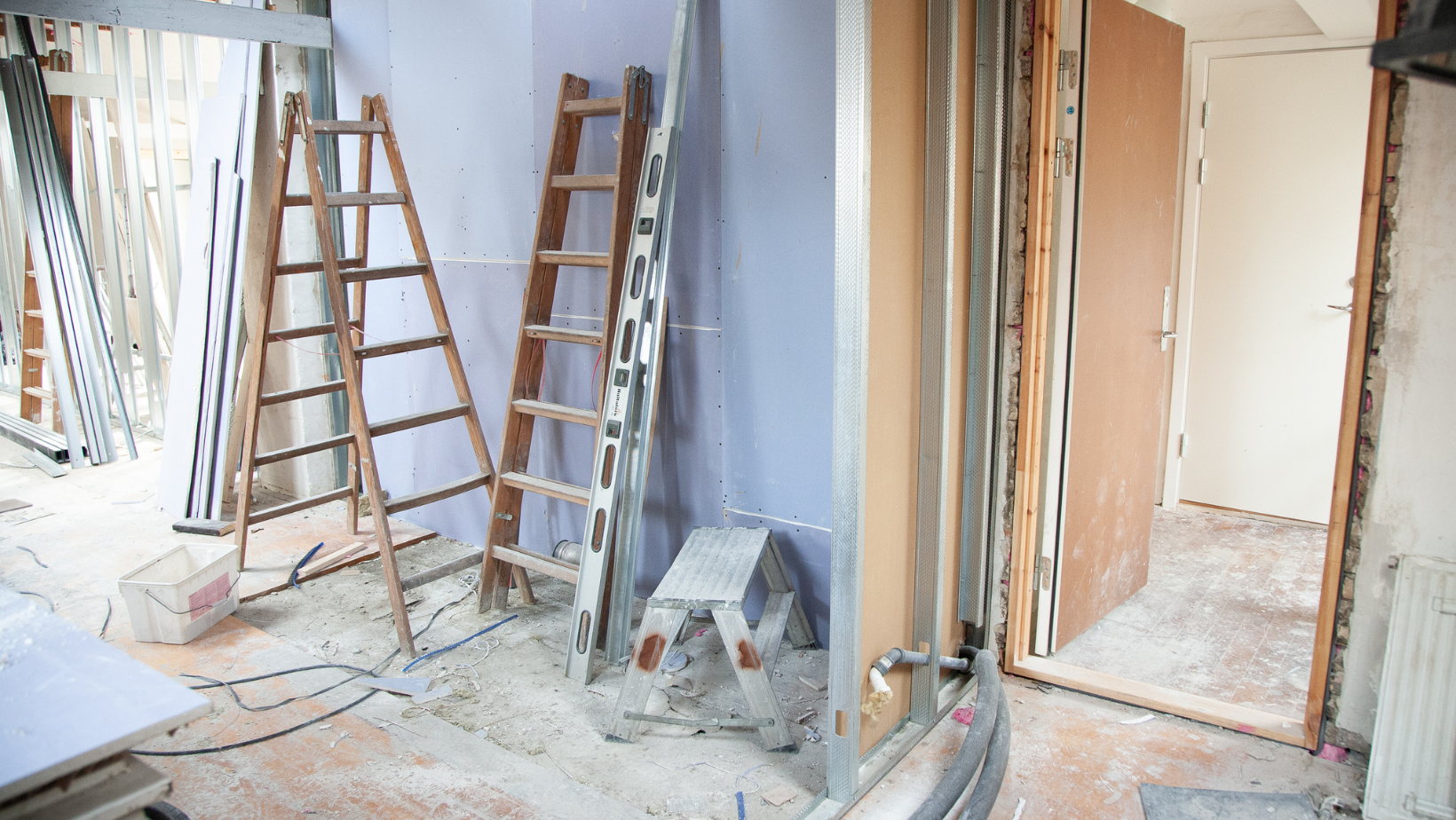Chicago Energy Benchmarking Ordinance Update

Posted by Christopher E. Chwedyk, CSI, AIA

Chicago’s energy benchmarking requirements, the Building Energy Use Benchmarking Ordinance of the City of Chicago (Chicago Energy Benchmarking Ordinance), have been in place since 2013. The city’s municipal, commercial, and residential buildings that are 50,000 square feet or more must comply with the Chicago Energy Benchmarking Ordinance. The deadlines for first time compliance with the ordinance were staggered based on building type and size. This year introduces the final phase, and all buildings covered by the Chicago Energy Benchmarking Ordinance will need to file reports by June 1, 2016.

What is Energy Benchmarking and Why is it Important?
Energy benchmarking is the collecting and sharing of data on a building’s energy use over a set period of time. The goal of energy benchmarking is to increase energy efficiency and bring down energy costs. A building owner can compare their building’s energy use data to other similar buildings in order to identify ways to improve energy efficiency. Also, the building owner may look at the data to determine whether energy efficiency measures are working.
An increasing number of municipalities are requiring large buildings to conduct energy benchmarking because buildings are responsible for a significant portion of the energy used in a city. Given that so many buildings were built long before the adoption of energy codes, older buildings are a significant source of wasted energy. The shared energy benchmarking data helps policymakers understand where improvements may be needed and implement programs to improve energy efficiency.
What are the Chicago Energy Benchmarking Ordinance Requirements?
The Chicago Energy Benchmarking Ordinance was passed in September 2013 by the Chicago City Council and is part of the Municipal Code of Chicago. The Building Energy Use Benchmarking Rules and Regulations of the Chicago Commissioner of Business Affairs and Consumer Protection implement the Chicago Energy Benchmarking Ordinance. To assist with completing benchmarking, Chicago’s Department of Business Affairs and Consumer Protection (BACP), the department that administers the Chicago Energy Benchmarking Ordinance, provides resources, including the Compliance Checklist, Benchmarking Guide, and free training.
Owners of buildings required to benchmark must document the building’s energy use and important features using the U.S. Environmental Protection Agency’s free online tool, ENERGY STAR Portfolio Manager ® ( Portfolio Manager ®). The building’s electricity, natural gas, and other fuel types, such as steam or diesel, for the prior year, must be reported by the building owner. It is important to note that the Municipal Code of Chicago Section 13-4-010 defines owner as including the building’s agent, manager, or anyone else “managing or controlling the building.”
The building owner must share the building’s energy data with BACP on an annual basis using Portfolio Manager®. Although the deadline for reporting to the city is June 1st, the Compliance Checklist suggests earlier completion dates for the various steps in the benchmarking process. A professional engineer, licensed architect, or energy professional must verify the benchmarking is done correctly during the first year of reporting and every third year thereafter. Volunteers from the design and energy professions provide data verification on a pro bono basis to buildings that demonstrate financial need.
The Chicago Energy Benchmarking Ordinance sets different dates for the first year of energy reporting based on the building type and size. Commercial and municipal buildings 50,000 square feet or greater and residential buildings 250,000 square feet or greater already began submitting reports. The final group, residential buildings 50,000 - 250,000 square feet, is being phased in this year and must report their energy data for the first time. A list of buildings that must report in 2016 is provided by the city. The Chicago Energy Benchmarking Ordinance also exempts certain buildings from the benchmarking requirement.
Owners of covered buildings should receive annual notification of the reporting deadline via a letter sent out by the City of Chicago. The letters regarding 2016 compliance were sent to building owners in March. However, if the building owner does not receive a letter or other form of notice, they are still obligated to report. Failure to comply with the Chicago Energy Benchmarking Ordinance may result in a fine of up to $100 together with an additional $25 fine for each subsequent day of violation.
Tenants of buildings covered by the Chicago Energy Benchmarking Ordinance are required to provide the building owner with any information necessary for the owner’s compliance with the ordinance that the owner cannot obtain without input from the tenant. However, building owners must request such information from tenants by March 1st in the year the information is needed. Also, building owners are still required to conduct building benchmarking even if a tenant fails to comply.
How Does Chicago Use the Energy Benchmarking Data?
Chicago uses the energy benchmarking data to prepare an annual report on energy use and efficiency in the city. So far, the city has released reports for 2014 and 2015. The ENERGY STAR Portfolio Manager® scores each building’s energy efficiency. According to the 2015 report analysis, the Chicago buildings that are the least efficient use up to seven times as much energy per square foot as the most efficient buildings in the same building sector. This demonstrates there is still great potential for increased building energy efficiency and cost savings in Chicago.





